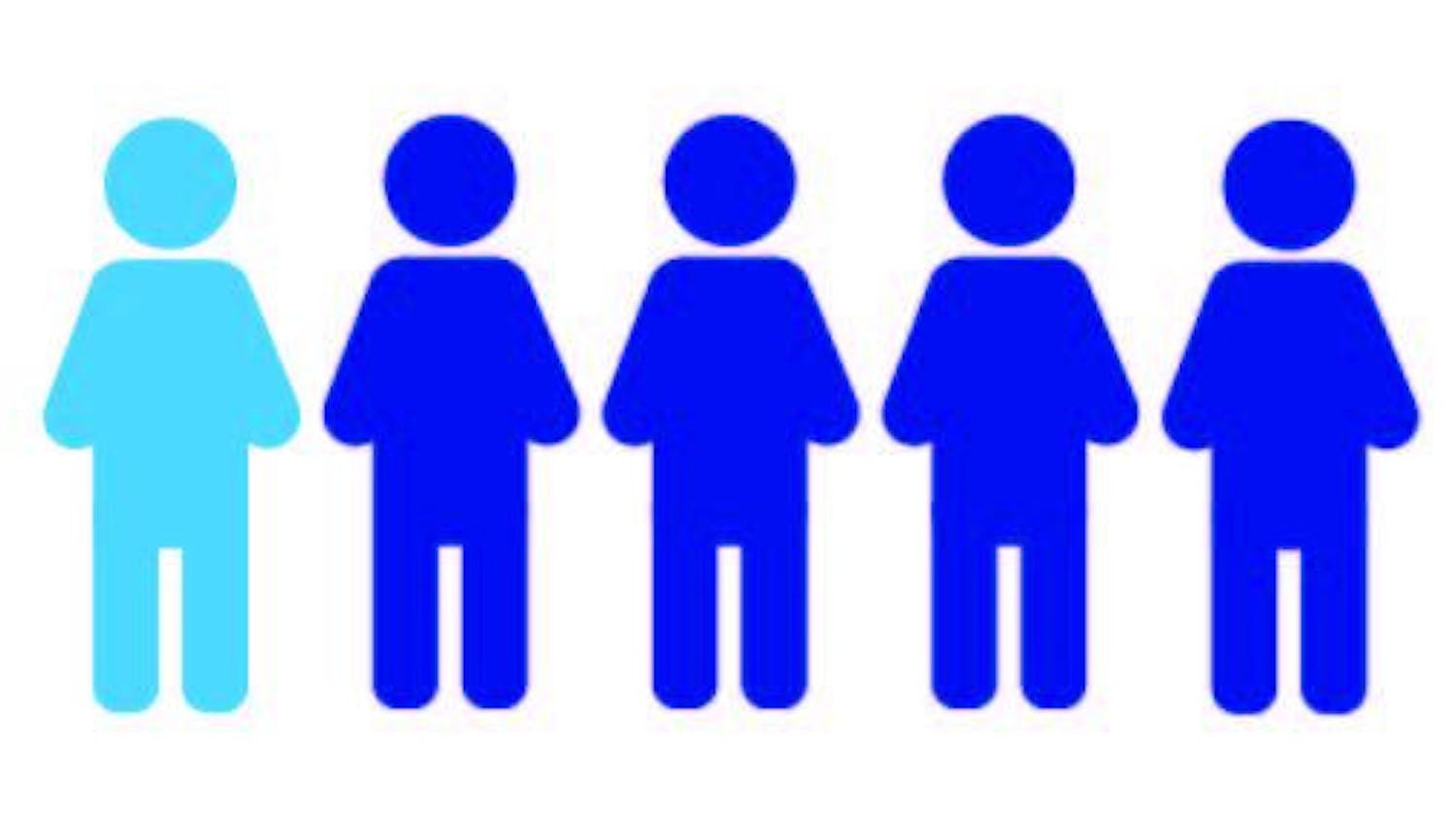Wikipedia is the illegitimate internet child of academia and the nature of anarchy.
No professor will let you cite the free online encyclopedia as a legitimate source but they all know it’s a student’s first destination for every research paper. The site’s function as a non-frightening test into the waters of any given subject matter is the most streamlined route to knowledge.
So why is it necessary to ostracize such available information? Are truths less true if they’re behind the banner of scholarship?
Aside from its use for academic purposes, Wikipedia, free and accessible since its launch in 2001, can also function as a great reference for topics like music and musical culture, my foci.
In the past, lists of musical categories, movements, musicians or releases could only be recorded and referenced through written material and memory. An online reference guide like Wikipedia makes learning about music and musicians incredibly expansive and instantaneously accessible to the everyman.
The gripe many take with the validity of the site is that anyone can make changes to pages, supposedly tarnishing the usefulness of the entire site. I have been in the presence of someone writing an earnest entry onto a local topic and the process of editing for permanency is one that requires patience. Of course, accidental errors occur, but are often corrected to reflect the most accurate version of reality.
And the intellectual vandalism that does occur tends to be on hot-button issues and controversial topics, far away from objective lists like notable bebop jazz musicians or areas like historical information and science.
If you recall, Wikipedia stood up well to Encyclopedia Britannica in the famous 2005 study by the journal Nature. Although the non-traditional candidate wound up with slightly more errors per story, the study confirmed that Wikipedia’s model had been working as intended, according to founder Jimmy Wales.
As with many areas of study, Wikipedia provides ample resources to learn about music including artist and album details and a helpful cloud of genre labels. A band’s popularity can also be easily gauged by the inclusion of an entry on the site, as well. Are they “Wikipedia official?”
And for amatuer musicians, full entries on technical music terms and explanations are a godsend. The Italian translations help, too.
Furthermore, you can discover cool trivia and strange facts like that the vocals for My Morning Jacket’s first album were recorded in an empty grain silo. These details are bound to emerge with enough time navigating entries, especially if the “random article” button is involved.
If a professor mentions Wikipedia at all in class, it is usually to mention the academic or more official sources toward the bottom of each page. Sometimes, those links hold the chance of striking gold. But sometimes the gold is in plainview.
With the heavy majority of pages on Wikipedia backed up by deeper sourcing, to not use and trust it in any particular quest for information comes off a bit paranoid.
The truth might morph depending on our differing perspectives, but the general perspective of Wikipedia, based in goodwill and self-education, is one that has taught me a great deal about music and other subjects over the years.
With a mindset of common sense and skepticism, Wikipedia offers only a net gain of knowledge and yet fear-driven stigmas remain.
Luke Furman is a junior studying journalism at Ohio University. Please note that the views and opinions of the columnists do not reflect those of The Post. How do you feel about Wikipedia? Let Luke know by tweeting him @LukeFurmanLog or emailing him at lf491413@ohio.edu.






